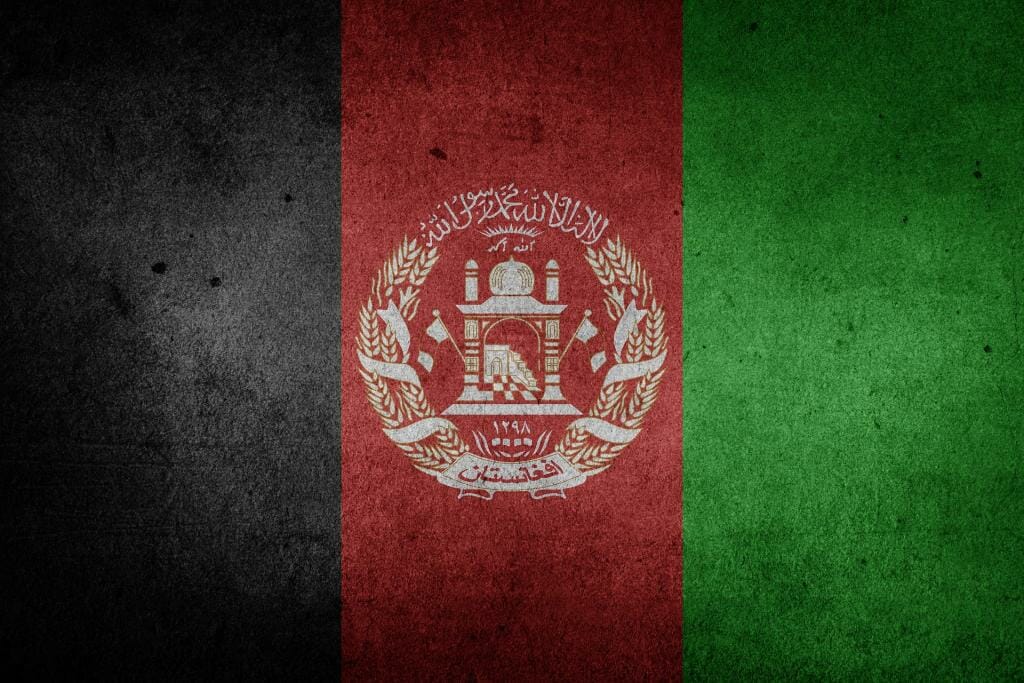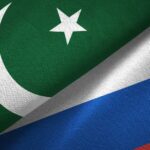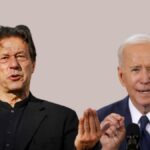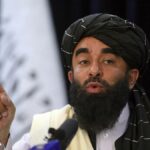This is a cross-posting from Katehon and Andrew Korybko.
Moscow will host six-party talks about Afghanistan on 15 February, with Afghanistan, Pakistan, China, Iran, India, and naturally Russia expected to be represented. Moreover, Zamir Kabulov – thought of as being the leader of the “Islamophile” South Asian faction in the Ministry of Foreign Affairs – extended an invitation to the US as well, though stipulating that it should first be “ready to work constructively with regional powers” and “determine what they are planning to do in Afghanistan.” Given these conditions and the fact that the Trump Administration has yet to articulate its strategy on Afghanistan, Kabulov was probably just being diplomatic in inviting his American counterparts, and if they show up at all, they might be represented by low-level token dignitaries like they were for Astana.
Multilateral Syrian And Afghan Talks: Same Format, Similar Hope
Speaking of which, there’s an interesting parallel between the Astana process for Syria and the developing Eurasian framework for Afghanistan. At the end of December, Moscow hosted two very high-profile summits dealing with both of these conflicts, with the outcome of the Syrian-related one being the Moscow Declaration and subsequent Astana gathering, while the Afghan one seems to have produced the forthcoming meeting in Moscow next week. Both prior events importantly emphasized the trilateral cooperation between Russia, Iran, and Turkey in Syria, and Russia, Pakistan, and China in Afghanistan, and it’s no surprise that both of their follow-up summits expanded the format to include additional players.
For example, the Astana gathering involved a motley crew of “moderate opposition rebels” alongside Damascus’ legitimate representatives, and Russia also spoke about its future intention to involve Egypt, Saudi Arabia, Qatar, Jordan, and Iraq. Furthermore, a Russian-written “draft constitution” for Syria was unveiled at the talks, and Moscow stated that it envisions this document laying the foundation for an eventual political settlement to the war. Pursuant to that, Russian Minister of Foreign Affairs Sergei Lavrov said that he hopes that it will be part of the upcoming intra-Syrian Geneva discussions which are expected to resume later this month. All in all, however, the most consequential outcome reached at the Astana talks was the ‘normalization/legitimization’ of the “moderate opposition rebels” and their formalized separation from the terrorist groups that some of them were only just recently a part of.
As for next week’s six-party Moscow talks on Afghanistan, it’s clear to see that the trilateral format between Russia, Pakistan, and China is obviously being expanded to twice its size through the inclusion of Iran, India, and Afghanistan, and potentially even the US to some capacity. It’s doubtful that a similar foreign-written “draft constitution” will be announced at the event, but what can instead be expected to come out of the meeting are similar efforts to formally divide the “good/moderate” Taliban from the “bad/terrorist” ones which have since gone on to become part of Daesh’s franchise in the country. There’s no indication that India will yield in its unwavering and obstinate stance that all Taliban are “terrorists”, but the American-backed Kabul government has belatedly and only just recently recognized that they must eventually enter into dialogue with the Taliban in order to end the war, and herein lays the opportunity for a future breakthrough.
Separating The “Good” From The “Bad”
If any progress is made during the upcoming Moscow talks in regards to the Tripartite of Russia-Pakistan-China convincing Kabul of the need to sincerely commit to and then fast-track its desire to engage in dialogue with the Taliban, then it could possibly provide a ‘face-saving’ opening for Trump to begin wrapping up the US’ War on Afghanistan in order to more fully focus on his “containment” efforts against Iran and China. Neither Trump, his Defense Secretary “Mad Dog” Mattis, nor his National Security Advisor Michael Flynn – all three of whom have staked their reputations on eradicating “radical Islamic terrorism” – can afford to strike a deal with the “terrorist” Taliban, let alone draw down from Afghanistan in a similarly disastrous manner as Obama did from Iraq in 2011 and thus leave the door tantalizingly open for Daesh. This can only happen if Kabul recognizes the “good/moderate” Taliban as being separate from the “bad/terrorist” ones and comes to appreciate their valuable anti-Daesh functions.
India will predictably object to this and do everything in its power to stop any Kabul-Taliban rapprochement, but Iran will likely be much quieter and simply go along with the flow of events in the neighboring country. Russia and China already have an idea about how their counterparts will react, which is why the Moscow meeting is likely intended as a ‘polite/diplomatic’ introduction to India about the changing reality in Afghanistan (out of respect to the enduring Russian-Indian Strategic Partnership) and a way to formally get Iran on board with this initiative. New Delhi might not change its position towards the Taliban unless Washington does, so it’s possible that both India and the US will continue to remain obstacles to the peace process for the coming future, though they’ll now be aware that the momentum has shifted against their existing interests if Russia, Pakistan, China, Iran, and Afghanistan reach a consensual decision on “normalizing/legitimizing” the “good/moderate” Taliban.
The longer that the US and India take to accept this convincingly imminent change of events, the less influence that they’ll be able to command in the country or over a forthcoming round of revived and inclusive talks (in the sense that the “good/moderate” Taliban play their rightful and equal role). Given the Trump Administration’s stated positions regarding “radical Islamic terrorism”, they can’t even begin to contemplate redeploying their Afghan-based forces elsewhere unless the opening develops whereby its Kabul proxy comes to realize that there is indeed such a thing as “good/moderate” Taliban which play an irreplaceable role in countering their “bad/terrorist” offshoots which founded the country’s Daesh franchise. Pakistan is the brains behind this strategy and already persuaded Russia and China of the urgent necessity in arriving at this game-changing conclusion and throwing their full support behind it.
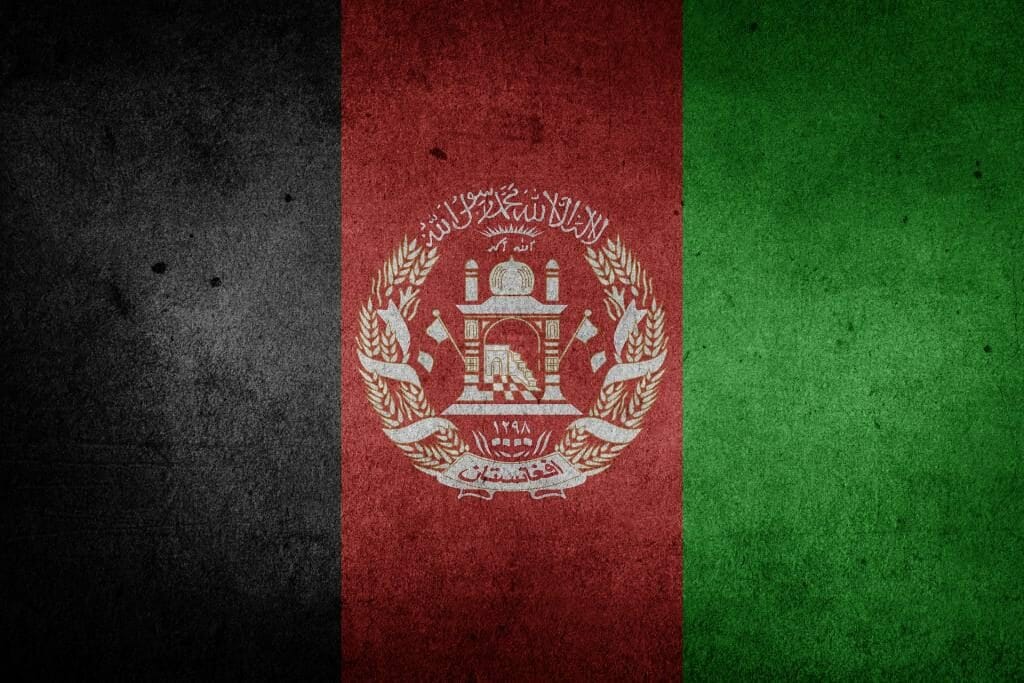
Pakistan’s Eurasian Solution for Afghanistan
Andrew is an American Moscow-based political analyst specialising in the relationship between the US strategy in Afro-Eurasia, China’s One Belt One Road global vision of New Silk Road connectivity, and Hybrid Warfare.


